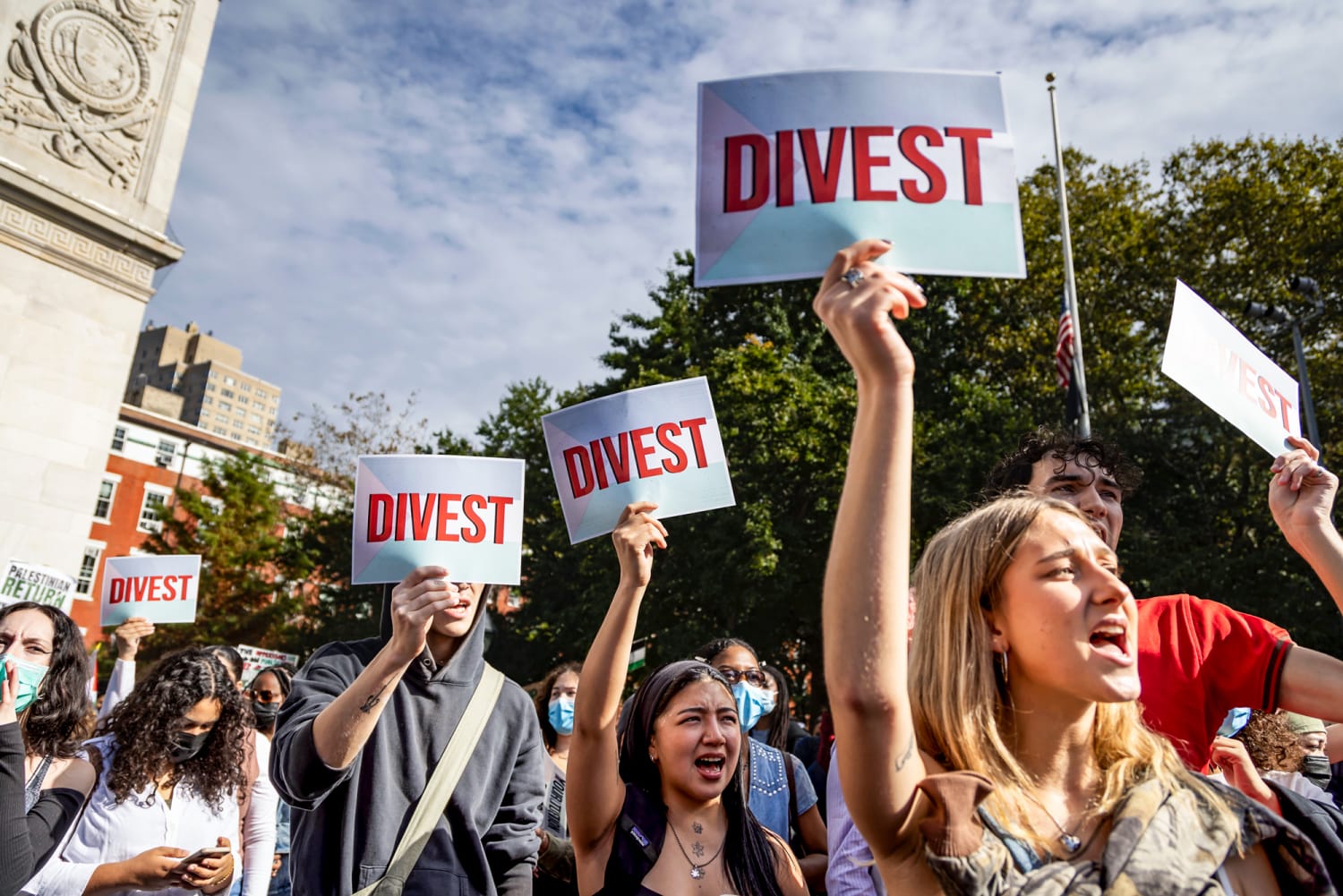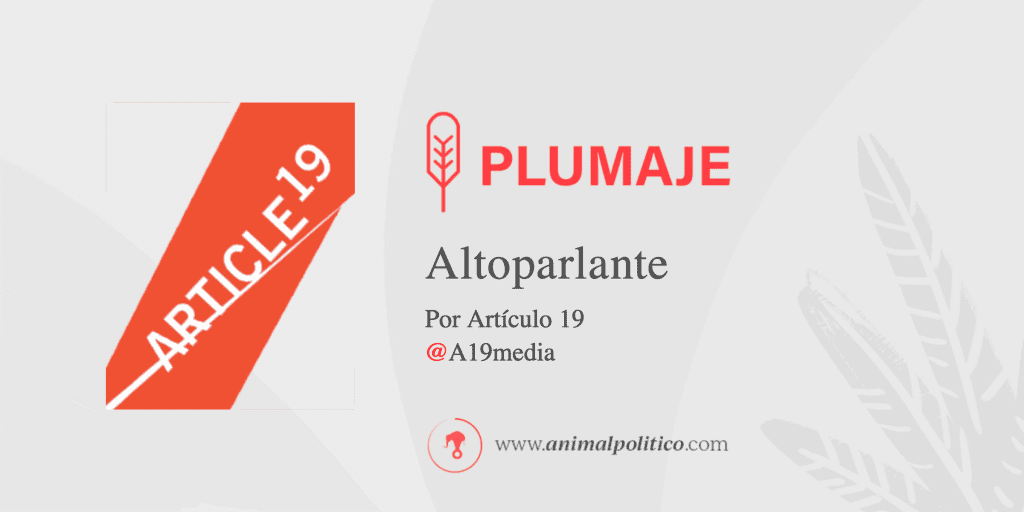Harassment, persecution, domination, silencing, attacks, and continuing violence characterize the shared experience of critical voices of activists, artists, social reporters, and independent journalists from April to June of this year in Guatemala, El Salvador, Honduras and Nicaragua. and Cuba, countries whose governments have been identified with corruption, impunity, and gross violations of human rights.
Due to the rise of authoritarianism and arbitrary use of power in these countries, the validity of freedom of expression and the right to information and association has been increasingly threatened in Central America and Cuba, and has reached a highly critical state. Fundamental freedoms are not only for those who dare to raise their voices in the context of growing hostility against the press and critical activism, but also against citizens.
according to him Regional AnalysisAnd the conducted by the Office of Article 19 for Mexico and Central America, certain trends have been identified which allow us to assert that today it is more urgent than ever to defend this right in the region, since there are still five elements which we consider to be common in these regions:
yo) Promote targeted actions that criminalize activists, social communicators and independent journalists, not only with the aim of restricting freedom of expression in the civic space, both physical and digital, but also with the aim of criminalizing through the legal apparatus and expanding regulatory frameworks for journalistic work and the exercise of freedom of expression for those who dare to contradict the official government to countries.
B) The continued weakening of the law enforcement apparatus and the deepening of impunity for attacks on the press, activists, and defenders.
Third) Closing spaces for citizen participation and the prevailing criminalization of social protest for those who see the right to demonstrate as a way to exercise freedom of expression and push for changes in structural transformation and improved social conditions.
I) Repeated misuse of words and discourse by authorities to construct narratives of stigmatization for independent journalists, critical journalism, activists and human rights defenders.
I) Existing, in some of these countries, deadly violence against community journalists, environmental and territorial rights advocates, and individual sexual dissidents.
All of the above has made a real challenge to the safe practice of independent journalism and freedom of expression in these five countries, to the point that Exile has increasingly become a gateway to saving lives So that journalists from the region can continue their work. This trend increases dramatically in Cuba and Nicaragua, consolidates in Guatemala and Honduras, and becomes a new alternative in El Salvador.
The study also allowed us to verify The increasingly common use of law and the word to silence, censor and criminalize independent thought In these five countries, with its nuances and peculiarities. In these states, regulatory frameworks to harass, prosecute, and criminalize critical voices have been strengthened by creating and amending initiatives, laws, decrees, and criminal laws that restrict freedom of expression. Some very specific examples are:
- Penal Code Reform in Cuba that characterize the exchange of information… “discord“ s “Advertising“ against those who criticize or question the state system and criminalizes cooperation with civil society NGOs.
- Entering into force in Nicaragua To reform the law that seeks to prevent money laundering and terrorist financing, through which NGOs are forced to seek approval from Daniel Ortega’s government for their activities.
- in Honduras Crimes against honor that are used to criminalize and intimidate journalists remain in force.
- in Guatemala Using the law to obstruct access to information and to prosecute journalists.
- and in savior The existence of a series of penal code reforms criminalizing coverage and expressions related to gang activity in the mentioned country.
The foregoing is just a sample of the disturbing reinforcement of the legal framework that is used as an excuse for power to silence, intimidate and intimidate, accompanied by narratives of stigma woven from authorities and government agencies, in order to silence voices that are in conflict with power.
But the persistence of violence not only survives with restrictive words and regulatory frameworks, but in countries like Honduras and Guatemala, deadly violence – made possible through extractive expropriation policies – corruption, impunity, heterosexual environments, patriarchal and transgender people has provoked the murder of journalists and defenders of the LGBTTIQ community + The defenders of the environment, land and lands.
However, it is necessary to mention that Where there is violence there is also resistance: There are many voices and hopes being expressed from independent press, activism, and advocates for society to combat impulses of oppression, authoritarianism, domination and deadly violence. Despite this bleak panorama and gags, the independent press continues, activists continue to raise their voices, and the streets and social protests are contested spaces that remain vibrant and have not been abandoned by the people; The documentation, observation and practice of citizens of the constant demand for respect and guarantee of human rights, especially the right to freedom of expression, are daily battles that are still actively contested for the prospects for a livable life in these five regions.
We invite you to consult with Barometer: Freedom of Expression in Central America and the Caribbean, April – June 2022And the Share it in your immediate spaces as an action in favor of freedom of expression in the region.
* Michael DrollardTweet embed) as a researcher in the Central America and Caribbean Program on Article 19 MX-CA.
Note: In this article, we limit Central America to the countries of Guatemala, El Salvador, Honduras, and Nicaragua.
Subscribe to the political animalHe receives benefits and supports a free press.
#YoSoyAnimal

“Unapologetic tv specialist. Hardcore zombie trailblazer. Infuriatingly humble problem solver.”

:quality(85)/cloudfront-us-east-1.images.arcpublishing.com/infobae/UDDOK5CJV5CU5MITSI5TNVFIJM.jpg)
:quality(85)/cloudfront-us-east-1.images.arcpublishing.com/infobae/TRFQARYQ25CLHC3YC4ZCI65UFQ.jpg)

:quality(85)/cloudfront-us-east-1.images.arcpublishing.com/infobae/V6ZZZ4HWOVDYZLZBWADR5TFGK4.png)


More Stories
The protests rocking campuses across the United States are not only demanding an end to the war in Gaza;
ASEAN 2045: A path full of opportunities and challenges – Special Offers | Publications
Maduro receives leaders participating in the ALBA-TCP Summit